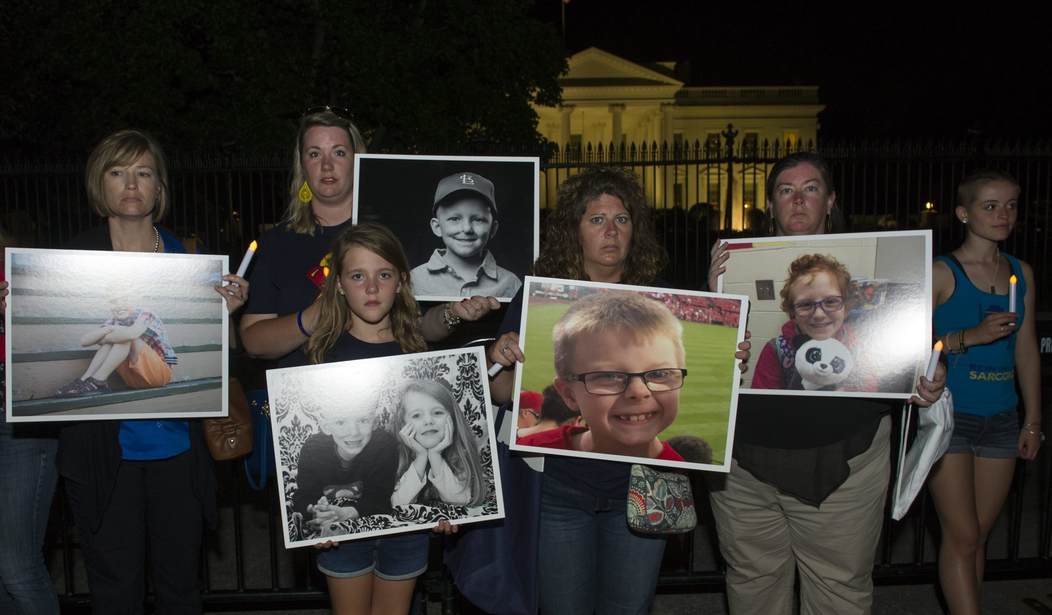WASHINGTON – Legislation that will expand research and treatment for children’s cancer passed in the Senate before lawmakers left for the summer break and is now poised for President Trump’s signature.
The bill, first introduced in 2016, closes a loophole in pharmaceutical regulations, requiring companies to research children’s cancer when the benefits overlap with investigations for adult medicine. Because there are far more adults with cancer, the incentives to develop drugs for children are much lower.
The Research to Accelerate Cures and Equity (RACE) for Children Act was re-introduced in February by Sens. Marco Rubio (R-Fla.), Michael Bennet (D-Colo.), Chris Van Hollen (D-Md.) and Cory Gardner (R-Colo.) The legislation, which the House approved in July, was passed as part of the FDA user fees reauthorization bill. The Food and Drug Administration will now iron out new requirements for cancer research.
The bill closes a loophole in the Pediatric Research Equity Act (PREA), which was implemented in 2003 to expand research on children for drugs approved for adults. PREA exempted cancers because the science on children’s diseases was not fully developed.
Some adult cancers vary in name when applied to children, even though the molecular targets might be the same for both. For instance, lung, breast, colon and prostate cancers don’t technically occur in children, based on the name. With this limited knowledge, implementing these requirements 15 years ago was far more difficult.
Peter C. Adamson, chairman of the Children’s Oncology Group, in an interview Thursday called the legislation’s passage an important step forward. He said that it will most likely expand research for some of the rare and extremely rare childhood cancers, as well as some of the subsets of the more common cancers.
“Certainly not all drugs being developed for adults with cancer are potentially beneficial for children, and so it’s only going to apply for a subset of drugs that are being developed for adults with cancer, but it’s really an important avenue to try to advance treatment,” Adamson said.
Historically, two pieces of legislation have attempted to improve treatment for children across a spectrum of diseases: PREA and the Best Pharmaceuticals for Children Act (BPCA), which became law in 2002. While PREA lays out requirements for research, BPCA provides incentives for companies to study new medications for children.
BPCA incentives include an additional six months of patents exclusivity for companies pursuing child cancer research, and incentives for the National Institutes of Health to sponsor clinical trials and other research for children’s drug products.
Despite advances, Adamson said, cancer remains the leading cause of death from disease in children in the U.S., even though the cancers are rare. Relevant to adult cancers, children’s cancer affects a much smaller population, which is why Adamson believes the incentives for research are vital.
“Pediatric cancer is a leading cause of death by disease among children and yet children do not have the same number of treatment options as adults,” Rubio said in a statement. “RACE for Children addresses this problem, and I commend my colleagues for sending this potentially life-saving legislation to the president’s desk so that children with cancer have hope for a better future.”
Bennet said the legislation opens to door for “cutting-edge treatments and precision medicines,” while Van Hollen said it will help build on progress at organizations like NIH. Two Republicans and two Democrats introduced the House companion bill in February.









Join the conversation as a VIP Member